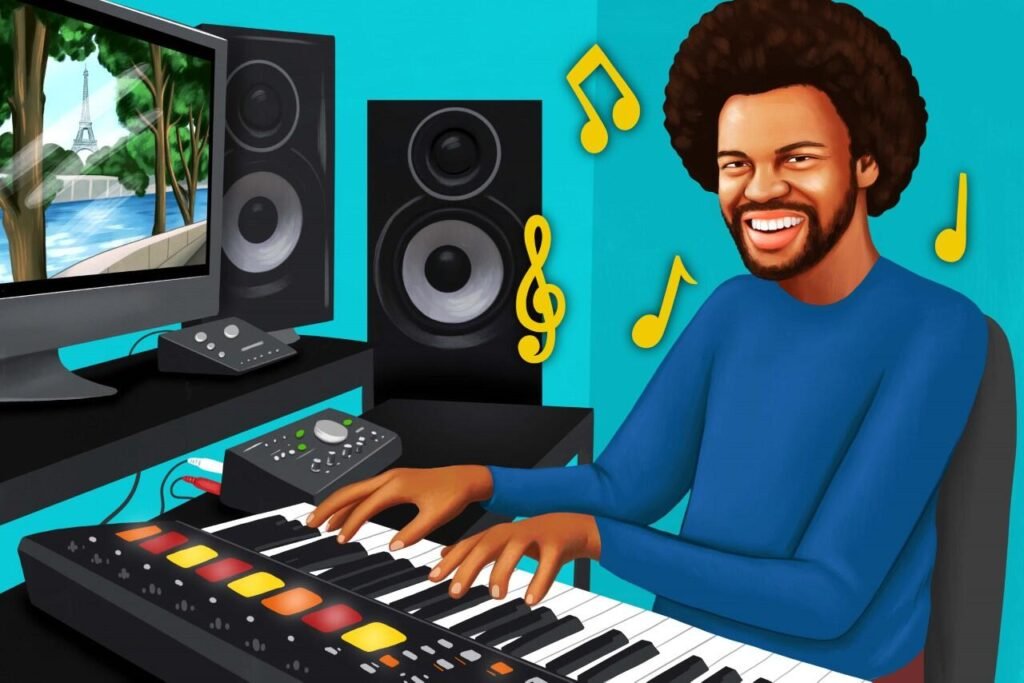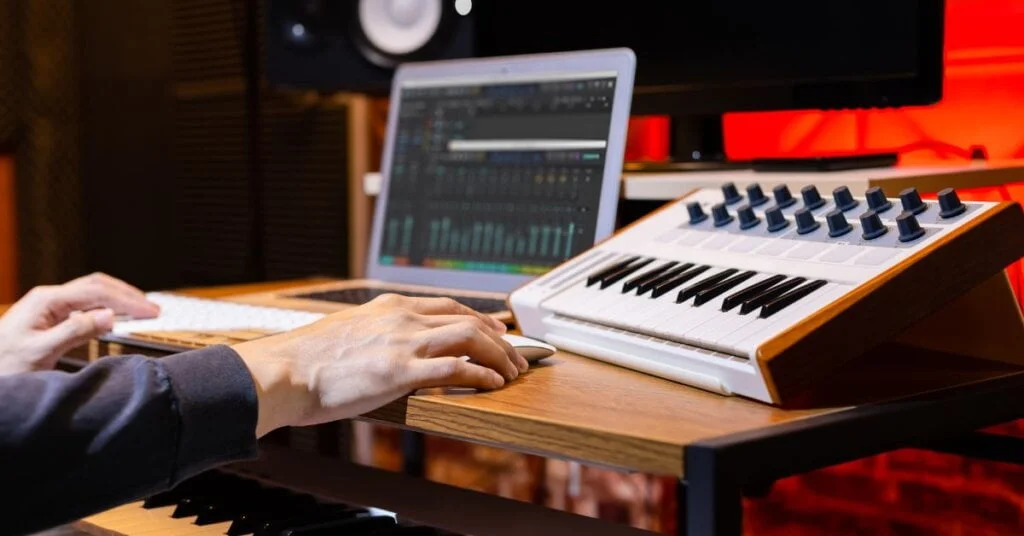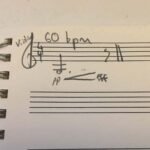How to Get Started as a Music Composer
Becoming a music composer can be a deeply rewarding journey, allowing you to turn your passion for music into a career. Whether you dream of writing soundtracks for films, creating hit songs, or crafting symphonies, the path to becoming a composer involves a mix of creativity, technical skills, and persistence. This guide will help you navigate the first steps of your journey.
1. Develop a Strong Foundation in Music
- Learn Music Theory:
Understanding the building blocks of music—scales, chords, harmony, and rhythm—is essential. Music theory provides the framework to express your ideas clearly and creatively. - Play an Instrument:
Playing an instrument like the piano or guitar can greatly enhance your ability to compose. It allows you to experiment with melodies and harmonies firsthand.
2. Familiarize Yourself with Composition Tools
In today’s digital age, composers have access to powerful tools that make creating music easier:
- Digital Audio Workstations (DAWs):
Software like Logic Pro, FL Studio, or Ableton Live lets you compose, arrange, and produce your music. - Notation Software:
Programs like Finale or Sibelius help in writing sheet music, especially for classical or ensemble compositions. - Virtual Instruments and Libraries:
Invest in sample libraries like Spitfire Audio or Native Instruments to access realistic instrument sounds.

3. Build Your Skills through Education
- Self-Taught Learning:
Many successful composers are self-taught. Use online resources like YouTube tutorials, blogs, and free courses to learn at your own pace. - Formal Education:
Enrolling in a music school or pursuing a degree in music composition can provide a structured learning environment and networking opportunities. - Workshops and Masterclasses:
Attend workshops by established composers to gain insights into their creative processes.
4. Start Composing Music
- Begin Small:
Start with short pieces like jingles, themes, or simple songs. Experiment with different genres and styles to find your voice. - Create a Portfolio:
Document your work and build a portfolio showcasing your compositions. This is essential for applying to jobs or freelance opportunities. - Collaborate with Others:
Partner with aspiring filmmakers, artists, or game developers to gain real-world experience and expand your network.
5. Understand the Industry
- Explore Career Paths:
Decide whether you want to work as a freelance composer, join a production studio, or compose for specific mediums like film, TV, or video games. - Copyright and Licensing:
Learn how to protect your music and earn royalties through platforms like BMI, ASCAP, or PRS. - Stay Updated:
Keep up with industry trends and emerging technologies to remain competitive.
6. Network and Build Relationships
- Join Communities:
Participate in online forums, local music groups, or social media platforms where composers share advice and collaborate. - Attend Events:
Go to film festivals, gaming expos, or music events to meet potential collaborators and clients. - Market Yourself:
Create a professional website, share your music on platforms like SoundCloud or YouTube, and actively engage with your audience on social media.
7. Persevere and Keep Growing
Success as a music composer requires dedication and resilience. Embrace constructive feedback, learn from failures, and continue refining your craft.
Conclusion
Starting as a music composer may seem daunting, but with passion, persistence, and the right tools, you can carve a path in this creative field. From mastering the basics of music theory to building a portfolio and networking with industry professionals, each step will bring you closer to your dream of making music that resonates with audiences worldwide.



